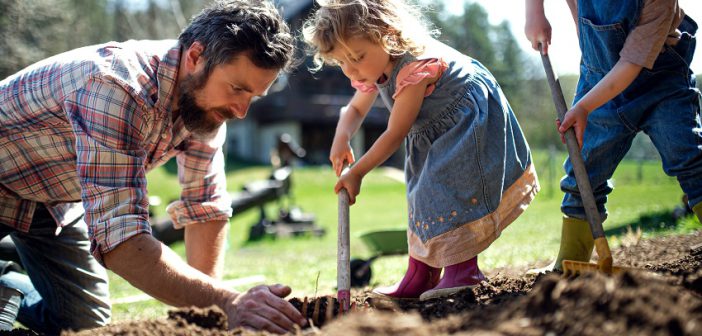There are many ways that people can reduce waste on the planet. Using fewer resources prevents build-up and reduces pollution levels. However, there are also financial benefits and an improved quality of life to consider. If you’re interested in joining the growing population “Going Green,” listed below are a few important steps.
Skip the Bottled Water
Bottled water is available at grocery and convenience stores. It’s something that most households have on hand. While convenient, there’s a hefty price to pay. To produce these plastic containers requires large quantities of oil. And even though you do recycle responsibly, most people do not. Each bottle takes decades to break down and become one with the earth. Instead of buying bottled water, attach a filter to your faucet and fill reusable steel and plastic bottles straight from the tap. Extend your “Green” efforts and avoid paper cups and coffee filters, straws, and coffee pods as well.
Think Reusable
Large chain stores see thousands of customers in a single week. This equates to large quantities of bags, both paper and plastic, used. Unfortunately, plastic takes an enormous amount of time to break down. This leads to massive amounts in landfills. Not only are they taking up extra space, but they can also harm wild and sea-life unintentionally. Thankfully, there’s an easy solution. Reusable bags are widely available. Bring them along whenever you shop.
Use the same thought process when buying products. For example, bamboo is a plant that takes far less time to grow and won’t erode the soil versus a tree. Its sturdy consistency makes it a viable option for everything from furniture and home decor to clothing and housewares. You can find a variety of products made from bamboo including things like a bamboo nightgown, towel and even toothbrushes.
Clean Up on Cleaning Products
On average, a family spends a hundred or more each month on cleaning products. Along with the additional expense, they consume space and many contain harmful chemicals. Home-made cleaners work just as well and will save you time, money and benefit your health. Plus, most of the ingredients needed to create them are already in your home. Put down the paper towels, grab a reusable cloth towel, and start cleaning with all-natural products.
Consume Less Energy
The more you drive your vehicle the more pollutants escape into the air. Today, electric cars are beginning to achieve recognition. This is in part due to an increase in consumer awareness and the need to find alternative energy sources. Hybrids allow you to make the switch over time. At home, you can reduce your heating and cooling costs by adding solar panels to the roof. As the sun shines you eliminate the need for gas and electricity. There are government incentives to help make them more affordable. Additionally, turn off lights when not in use and replace traditional light bulbs with high-efficiency ones. Run only full loads of dishes and laundry and start them during non-peak energy hours. When running errands, do them in one day to cut back on gas consumption.
Walk When Possible
Instead of taking the car out every time you go somewhere local, try walking or riding a bike. You won’t consume energy or put chemicals into the air. As a bonus, you’ll work the body, increase metabolism to burn more calories, and spend less.
Online Services
The internet provides a wealth of opportunities to “Go Green”. It eliminates the need for mailing bills by paying them online. It eliminates the need for a hard copy, saving paper. It also gives you an easy way to have funds deposited directly into your account.
There are dozens of ways to reduce your carbon footprint and save money while you’re at it. Make an effort daily to think outside the box to discover new ways to “Go Green.”





This is a really helpful post. Thank you very much for sharing it for me and everyone to know.